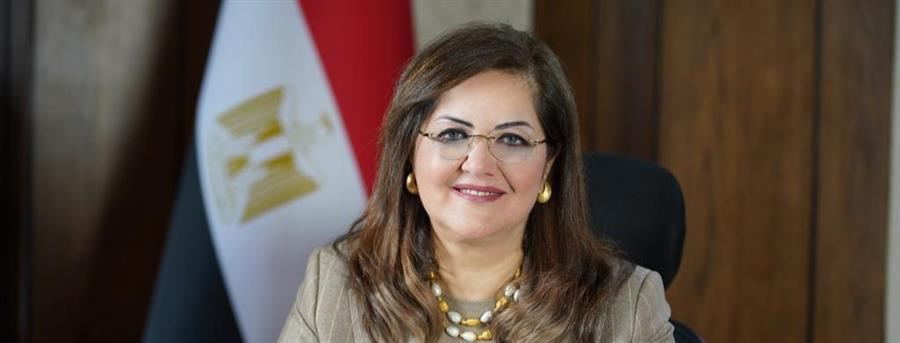Minister of Planning Departs to Participate in the World Economic Forum and the Annual Meetings of the IsDB in Riyadh

27 April 2024
Dr. Hala El Said, Minister of Planning and Economic Development, is set to participate in the 49th Annual Meetings of the Islamic Development Bank Group (IsDB), taking place in Riyadh, the capital of the Kingdom of Saudi Arabia, from April 27 to April 30. The event coincides with the celebration of the Bank’s Golden Jubilee, marking 50 years since its establishment.
Dr. Hala El Said will engage in the World Economic Forum session titled “Global Cooperation, Growth, and Energy for Development: What Do Domestic Economies Mean for Trade?” Additionally, she will participate in a session titled “Midway Momentum: Celebrating the Islamic Development Bank at Fifty; Charting a Course for Enhancing Sustainable Development Financing.” Her agenda also includes participation in the Governors’ Roundtable and the Jubilee Celebration and General Session of the Boards of Governors and General Assemblies (BOGs and GAs).
Furthermore, Dr. Hala El Said will meet with Mr. Hani Sonbol, the CEO of the International Islamic Trade Finance Corporation, and Acting CEO of the Islamic Corporation for the Development of the Private Sector, as well as with Mr. Osama Al-Qaisi, CEO of the Islamic Corporation for the Insurance of Investment and Export Credit, a subsidiary of the Islamic Development Bank Group.









